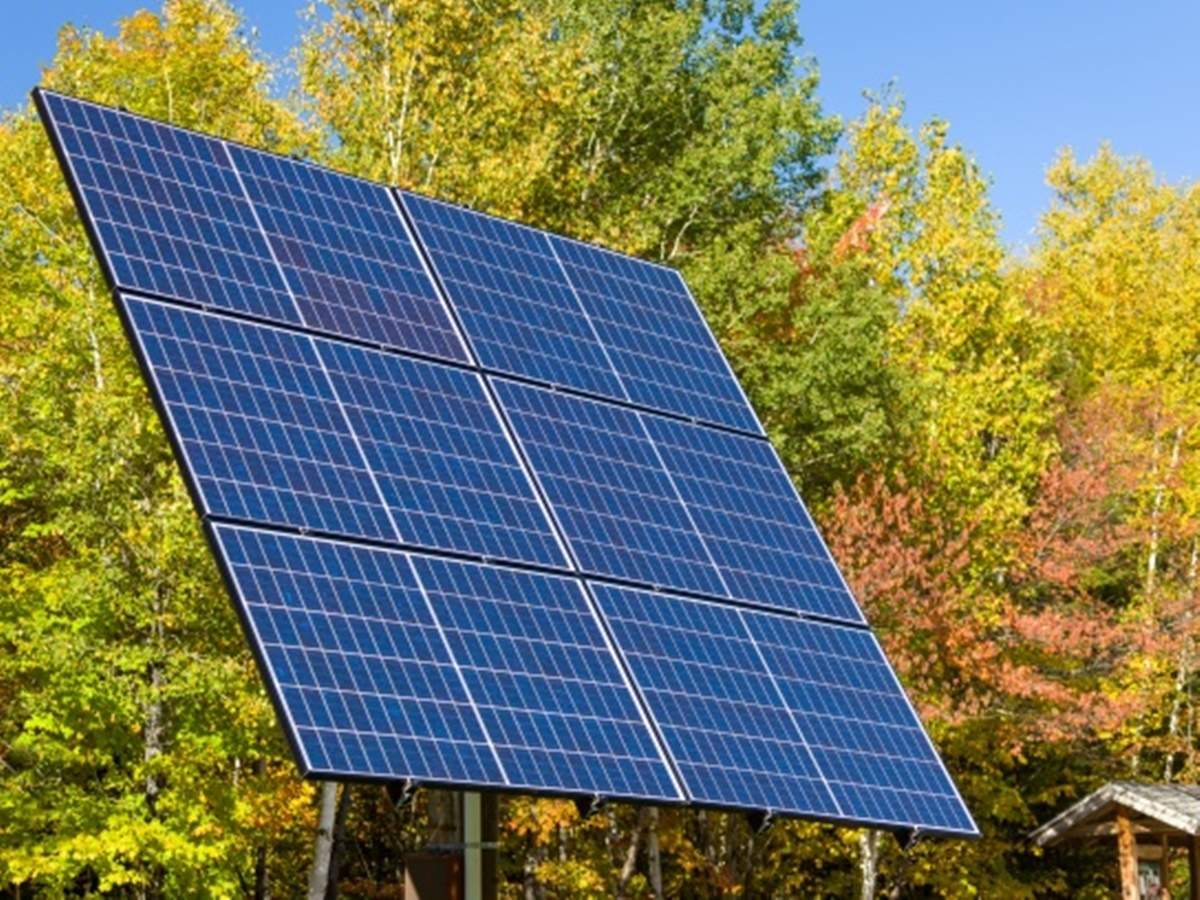Harnessing AI for Optimal Universe Solar Performance
Artificial Intelligence (AI) is revolutionizing the solar industry, including Solar panel, by offering advanced tools for optimizing performance, predicting energy production, and enhancing overall efficiency. This integration of AI empowers solar systems to operate more intelligently, increasing energy yield and ensuring sustained efficiency.
- Predictive Analytics for Energy Production:
AI-driven predictive analytics play a crucial role in estimating and optimizing Universe Solar energy production. These systems leverage historical data, weather patterns, and various parameters to forecast solar energy output.
Key Features:
Weather Pattern Analysis:
AI algorithms analyze historical weather data and real-time conditions to predict solar radiation levels, enabling more accurate energy production forecasts.
Machine Learning Models:
Machine learning models, trained on diverse datasets, can adapt and improve predictions over time, considering factors like seasonal variations and atmospheric conditions.
- Performance Monitoring and Diagnostics:
AI-powered performance monitoring and diagnostics enhance Universe Solar’s efficiency by continuously analyzing system parameters, identifying anomalies, and providing real-time insights into the system’s health.
Key Features:

Anomaly Detection:
AI algorithms can detect anomalies in solar panel performance, inverters, and other components, allowing for proactive maintenance and minimizing downtime.
Continuous Monitoring:
Real-time monitoring of system performance allows for immediate identification and resolution of issues, ensuring optimal energy production.
- Adaptive Control and Optimization:
AI enables adaptive control and optimization strategies for Universe Solar, dynamically adjusting system parameters based on real-time conditions to maximize energy output.
Key Features:
Dynamic System Adjustments:
AI-driven control systems optimize the positioning of solar panels, tracking systems, and other parameters in response to changing environmental factors, such as cloud cover or shading.
Load Forecasting:
AI algorithms predict energy demand patterns, allowing for proactive adjustments to solar system settings to meet varying energy needs.
Conclusion:
The integration of AI into Universe Solar operations represents a paradigm shift in the solar industry. From predicting energy production and optimizing system performance to enabling adaptive control and proactive maintenance, AI enhances the overall efficiency of solar installations. As AI technologies continue to evolve, the synergy between Universe Solar and intelligent algorithms will play a pivotal role in maximizing energy yield, improving reliability, and advancing the sustainability of solar power generation.


